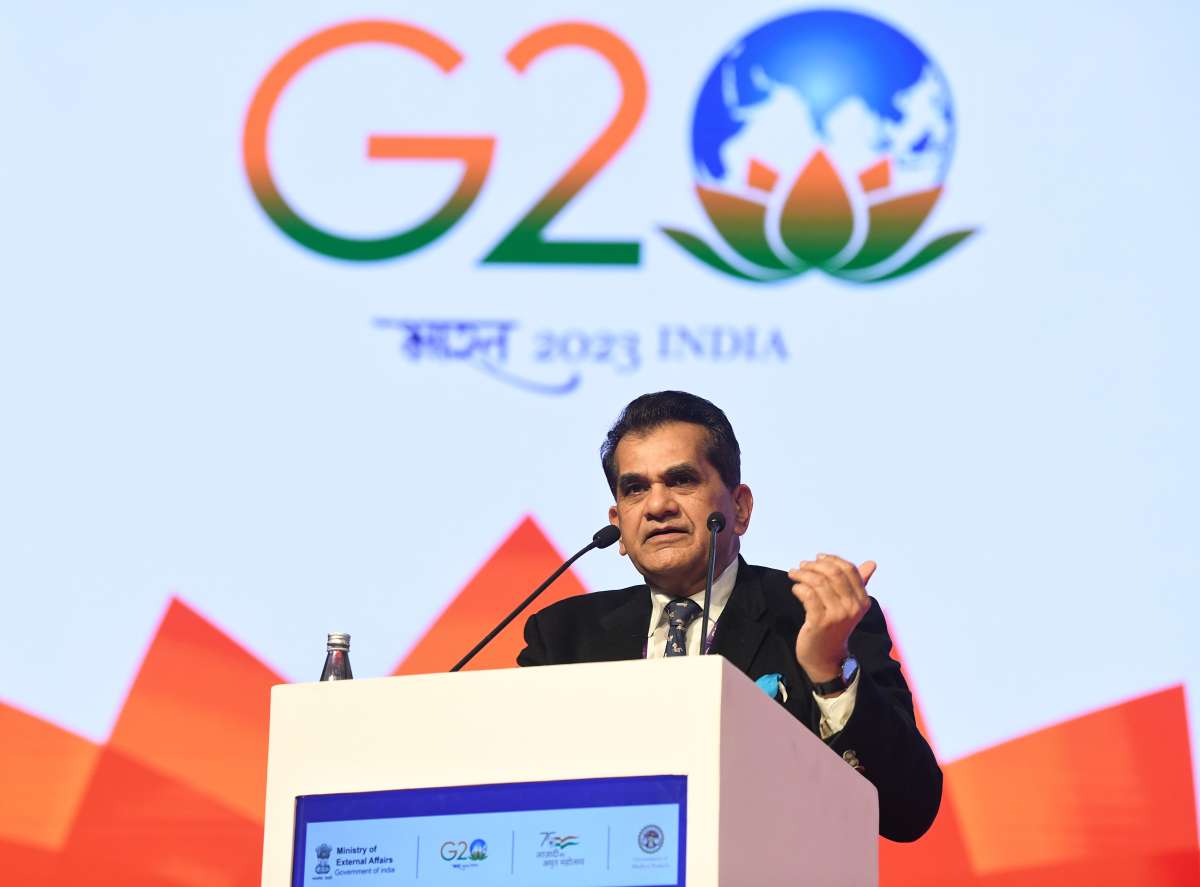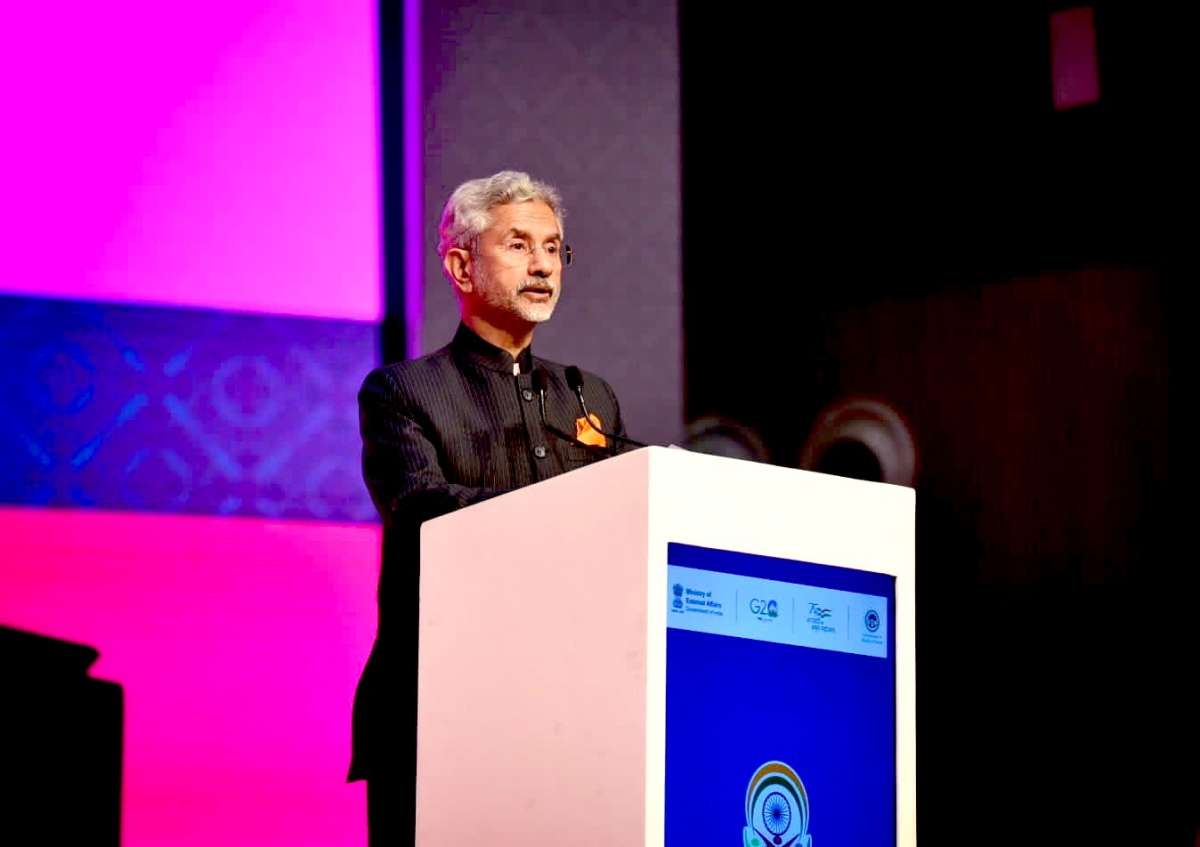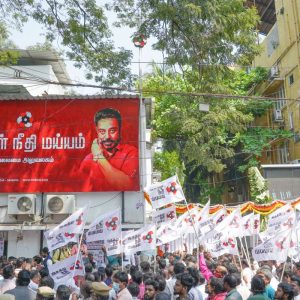G20 Sherpa Amitabh Kant had said a new work stream on DRR has been established under India’s Presidency to encourage collective work, multidisciplinary research and exchange of best practices on DRR…reports Asian Lite News
With the rapid change in global climate and natural disasters related to it cropping up from time to time, the G20 is all set to establish a new working group on Disaster Risk Reduction (DRR) under the presidency of India. The group will work towards achieving disaster risk reduction goals and further enhance global preparedness against disaster.
India has raised the concern of building a resilient infrastructure for disaster risk reduction at various international forums and has also called for worldwide collaboration on the issue. In an exclusive interview with DD India, the member secretary of the National Disaster Management Authority (NDMA), Kamal Kishore, talked about the reasons behind India’s achievements in disaster management. Kamal Kishore highlighted three elements behind India’s effort to minimise disaster’s effects, reported NewsonAir — the progress country has made in improving forecast and warning systems, community-level preparedness and having trained volunteers at the local level, helping people know what to do during the time of a disaster warning, and the continuous improvements in the dissemination system to provide early warnings about disasters.
G20 Sherpa Amitabh Kant had said a new work stream on DRR has been established under India’s Presidency to encourage collective work, multidisciplinary research and exchange of best practices on DRR.
The world has been talking about increasing investments in DRR, but only a small fraction of disaster management funding goes to risk reduction, most of the fund is allocated to disaster response, said Kishore.
One of the key priorities India has proposed in the G20 DRR group is the issue of financing. Every year, the country allocates USD 1 billion for its disaster mitigation and wants to work in a direction where there is more investment in risk reduction to ensure less spending on disaster response.
India has repeatedly emphasised on the importance of developing resilient infrastructure that can withstand natural disasters. Prime Minister Narendra Modi, in his ten-point agenda, has advocated building resilient infrastructure. Further, using technology and exchanging ideas with other nations can also be beneficial in enhancing global collaboration in DRR.
National Disaster Management Plan (NDMP) is a comprehensive plan to make India disaster resilient and minimise the effects of damage caused during and in the aftermath of disasters and natural calamities. It is based on the Sendai framework and serves as a guideline for government agencies during a disaster, reported NewsonAir.
The NDMP highlights six thematic areas for action in which the central and the state governments should function. These are mainstream and integrated DRR and institutional strengthening, capacity development, promoting participatory approaches, work with elected representatives, grievance redress mechanism, promoting quality standards, certifications, and awards for disaster risk management.
The NDMP comes under NDMA, a statutory body headed by Prime Minister Modi, and aims to achieve a coordinated response to natural or man-made disasters. In addition, it also works towards capacity-building in disaster resiliency and crisis response.
Speaking on NDMP earlier, Union Home Minister Amit Shah said, “It is the first national disaster plan prepared in the country and matches all the parameters of Sendai Disaster Risk Reduction Framework-2015 to 2030.”
The Union government has also been constantly taking up technological advancements to manage disasters. (ANI)
ALSO READ-India has emerged as education hub, says Jaishankar














